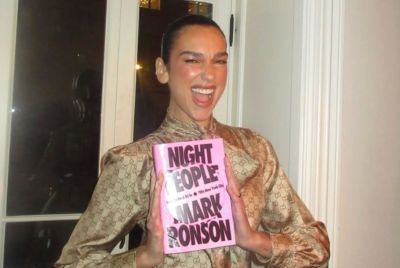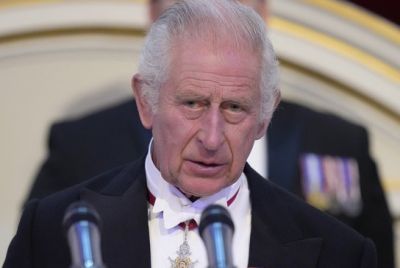The Life of Nelson Mandela: Three Marriages, Nobel Prize and Retirement

Former South African President Nelson Mandela died at the age of 95 in his Johannesburg home, after a long battle with a recurring lung infection.
The Nelson Mandela Foundation posted on their official website: "It is with the deepest regret that we have learned of the passing of our founder, Nelson Rolihlahla Mandela – Madiba. The Presidency of the Republic of South Africa will shortly make further official announcements. We want to express our sadness at this time. No words can adequately describe this enormous loss to our nation and to the world."
Mandela, often affectionately referred to by the tribal name Madiba, was born on 18 July 1918 in the village of Mvezo, in South Africa's Umtata district. He attended the University of Fort Hare, but was expelled after taking part in a boycott in 1940. In 1944, he joined the African National Congress (ANC), a South African political party dedicated to opposing apartheid. However, he later formed the Youth League of the African National Congress, along with close friend Oliver Tambo and several others.
Mandela's Personal Life
Mandela's first wife was Evelyn Ntoko Mase, whom he married in 1944 but divorced 13 years later. They had two sons, Madiba Thembekile, who died in 1969, and Makgatho Mandela, who died in 2005. They also had two daughters, both of whom were named Makaziwe Mandela. The first daughter was born in 1947 but died nine months later; the second girl, her namesake, was born in 1953.
Mandela's second wife was Winnie Madikizela-Mandela, with whom he had two daughters, Zenani (born in 1958) and Zindziswa (1960).
He wrote in his autobiography, Long Walk to Freedom: "I cannot say for certain if there is such a thing as love at first sight, but I do know that the moment I first glimpsed (at) Winnie Nomzamo, I knew that I wanted to have her as my wife."
Mandela is survived by his third wife, Graça Machel, whom he married in 1998 at the age of 80.
Nobel Peace Prize
Mandela was honoured with the Nobel Peace Prize in 1993 and shared the coveted prize with South African President F.W. De Klerk. In 2013, the United Nations declared his birthday as Nelson Mandela International Day in 2009.
President Jacob Zuma said: "We declared this day in honour of Madiba to inspire all of us to take action personally to help change the world for the better and create a sustainable movement for good in South Africa and abroad. The United Nations honoured our country enormously by also declaring the 18th [July] as International Nelson Mandela Day. On Madiba's 95th birthday, all our thoughts are focused on the rich legacy he has given us as South Africans and the world. Let us return Madiba's sacrifices and contributions through our own efforts to build a better society."
Election as President of South Africa and Retirement
Mandela was elected President of South Africa in 1994, becoming the first black president in the country. His inauguration, in South Africa's administrative capital Pretoria, was attended by a profusion of world leaders and broadcast live to a billion viewers.
FW De Klerk, Mandela's fellow nobel prize winner, served as his deputy in the new government, which strived to represent all corners of South Africa's multi-racial new society. The new president entertained all manner of famous guests, from Whoopi Goldberg to the Spice Girls, while striving tirelessly to build bridges with South Africa's white community, which had hitherto subjugated the black majority of the country.
Mandela was criticised by some for being too soft on the erstwhile Apartheid oppressors, with his former wife Winnie even claiming the new regime was more interested in appeasing whites than helping blacks gain a foothold in society. Nonetheless, Mandela and his government earned international acclaim for its role in forging a new South African society, free of Apartheid.
Mandela's presidential term ended in 1999 and he was succeeded by Deputy President Thabo Mbeki. In 2004, he announced his retirement from public life due to ill health.
© Copyright IBTimes 2025. All rights reserved.





















